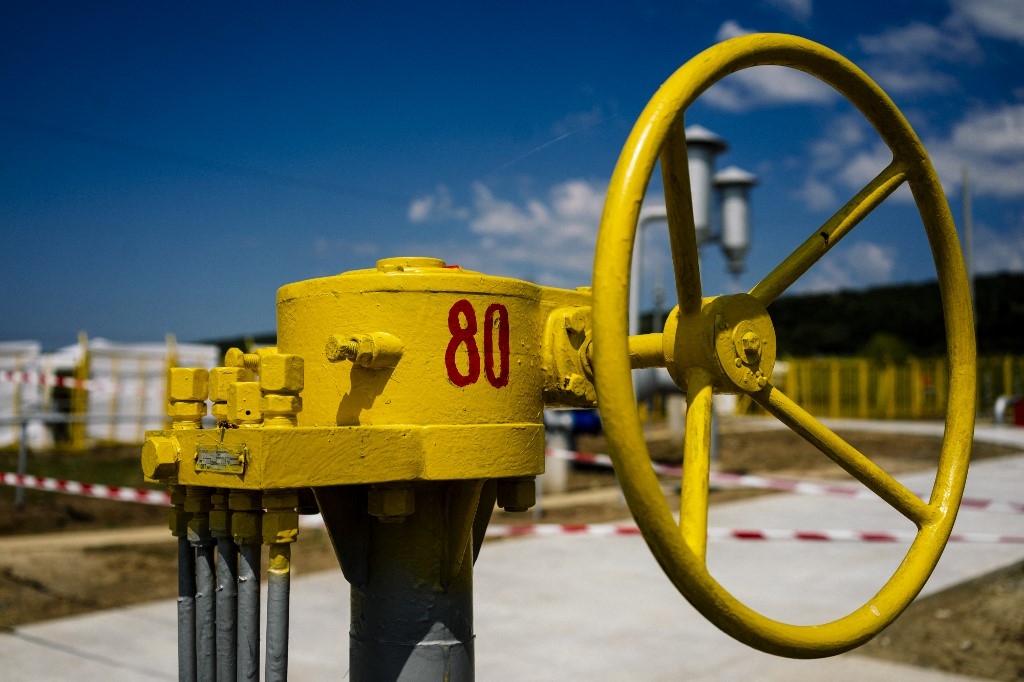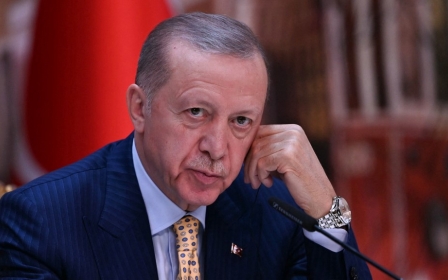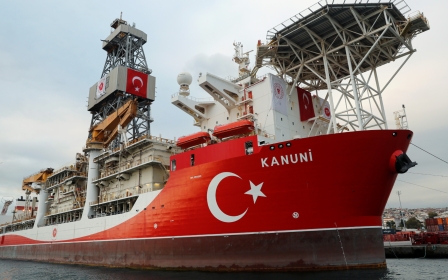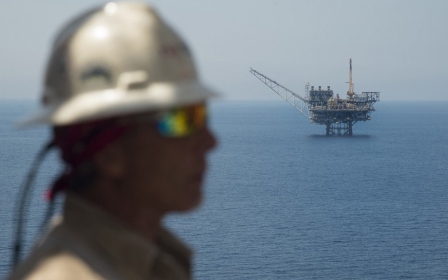Turkey to sign long-term LNG deal with Total Energies

Turkey will sign a long-term liquefied natural gas (LNG) deal with Total Energies next week in Houston, sources familiar with the issue told Middle East Eye.
The 10-year-long agreement will cover the period beginning in 2027, the sources said, declining to specify the amount of LNG that would be supplied to Turkey.
The deal is part of a series of agreements that Turkish Energy Minister Alparslan Bayraktar has negotiated this year.
Turkish national pipeline company Botas signed another decade-long deal with Shell earlier this month, covering the period beginning in 2027 and supplying four billion cubic meters of LNG a year, which will be used for domestic consumption, as well as re-export.
The sources said the Total Energies deal under discussion foresees gas supply to Turkey lower than the Shell agreement, but they wouldn’t pinpoint the exact amount.
New MEE newsletter: Jerusalem Dispatch
Sign up to get the latest insights and analysis on Israel-Palestine, alongside Turkey Unpacked and other MEE newsletters
In May, Ankara also signed a separate decade-long deal with US energy giant Exxon Mobil to supply the country 2.5 million tonnes of LNG a year.
The sources said the set of deals with Shell, Exxon Mobil and Total Energies aim to strengthen Turkey’s hand in contract-renewal negotiations, which will begin to intensify next year.
Deals with Russia, Algeria and Iran to end
Bayraktar said in a live broadcast on Wednesday that Botas’s gas contracts with Russia using the Blue Stream pipeline will expire in 2025 and its long-term pipeline gas purchase contracts with Iran will end in 2026. He added that in 2027, Algeria’s LNG deal with Ankara will also come to a close.
The energy ministry announced that Turkey will continue to import 4.4 billion cubic meters of LNG annually from Algeria until 2027.
“The gas prices in the next decade are expected to drop significantly and we are looking to diversify our resources for the future to get the best prices for Turkish households,” one source familiar with the issue told MEE.
Turkey's government has been aiming to create a gas hub in the west of the country for the last few years, aiming to create a Turkish blend of gas from different resources to determine the price.
Some of the deals signed with the western energy companies also include an option to resell some of the gas Turkey purchased to third countries.
Ankara, for example, would be able to sell the gas supplied by Shell to Balkan countries or other buyers if it has a surplus in the future.
Middle East Eye delivers independent and unrivalled coverage and analysis of the Middle East, North Africa and beyond. To learn more about republishing this content and the associated fees, please fill out this form. More about MEE can be found here.




